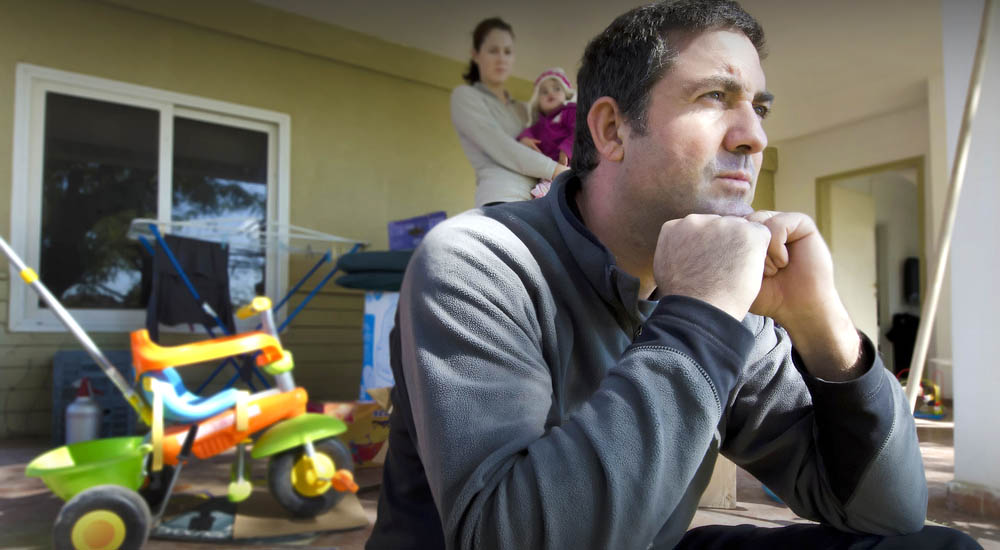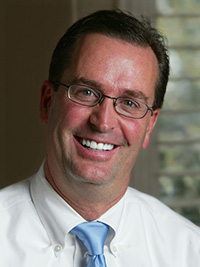
Recovering from Broken Happiness: Recovery Capital
Written by Dr. Cory Reich, Ph.D., Posted on , in Section Inspirational
Your Unique Happiness
Do you know what makes you happy? Are you happy? Were you once happy, but have not been able to reclaim it? Happiness is unique to each of us, we call it subjective well-being. Your “feeling” of being happy is very unique and specific to you! As a result, the science of happiness or life satisfaction is understood by collecting self-reports and identifying what makes people feel happy. What we do know is that happiness is composed of positive emotions.
Happiness, or the feeling of fulfillment, is characterized by a sense of pleasure associated with a life directed by meaning and purpose. A primary aspect of this happiness state, is that you possess positive emotions in the here-and-now and have a positive view about your future. In other words, you believe in yourself today and in your future, especially as it relates to the perception that your reason for living is unique and guides your purpose and meaning to your individualized circumstances.

Your Unique Stress
Like happiness, stress is subjective. Just as happiness is defined and experienced individually, those things that are personally perceived to challenge your happiness represent unique stressors to you. You can imagine, anticipate, or feel the reality of current challenges to your happiness. In the end, the ability to cope with these challenges determines wether we can create and maintain our happiness.
The effort to define what life pursuits are in harmony with your meaning and purpose, cope with the challenges and maintain a feeling of happiness can be very difficult. In fact, many cannot! As a result, stress-response deficiencies lead to stress-response diseases. While some of the most recognized stress-response diseases include heart disease, type II diabetes, obesity, even cancer, and addiction.

Addiction is a disease that originates in the brain. Brain changes occur due to chronic and acute unmanaged stress. Stress and the drugs themselves exert their influence upon the pleasure system in the brain which effects the ability to properly perceive pleasure (e.g. Happiness). This begins a cascade of neuroadaptive problems that breaks the ability to properly perceive (feel) and behave in happiness pursuits. The individual has a broken happiness system.
As a result, recovery constitutes internal and external conditions which support the recovering person in reclaiming their state of meaning and purpose--their happiness. Researchers refer to the acquisition of these capacities as Recovery Capital.
Recovery Capital
Two prominent researchers in the field of recovery, William White and William Cloud identify Recovery Capital (RC) as the total resources available to the person in recovery in order to initiate and sustain recovery from chemical dependency. As previously indicated, White and Cloud emphasize that Recovery Capital is characterized by those resources that exist internally (e.g. personal skills, hardiness, and resilience) and externally (financial, familial, and community based support systems).
White and Cloud emphasize that research has been able to identify three types of recovery capital:personal, family/social, and community.
Personal Recovery Capital
Personal recovery capital is best understood by dividing personal resources into physical and human capital.

Physical Recovery Capital includes:
• physical health,
• financial assets,
• health insurance,
• safe and recovery-conducive shelter,
• clothing,
• food, and
• access to transportation.
Human Recovery Capital includes:
• values,
• knowledge,
• educational/vocational skills and credentials,
• problem solving capacities,
• self-awareness,
• self-esteem,
• self- efficacy (self-confidence in managing high risk
situations),
• hopefulness/optimism,
• perception of one’s past/present/future,
• sense of meaning and purpose in life, and
• interpersonal skills.
Family/Social Recovery Capital
• intimate relationships,
• family and kinship relationships, and
• social relationships that are supportive of recovery efforts.
Family and social recovery capital is therefore indicated by the willingness of intimate partners and family members to participate in treatment. Additionally, the recovering person has access to sober outlets for sobriety-based fellowship/leisure, and relational connections to conventional institutions (school, workplace, church, and other mainstream community organizations).
Community Recovery Capital
• community attitudes/policies/resources related to addiction and recovery that promote the resolution of alcohol and other drug problems.
Recovery capital, both internally and externally, is strongly predictive of recovery success. Research in the disciplines of positive psychology, stress, neurology, and addiction have combined to provide the evidence that supports those in recovery to reclaim and restore conditions of happiness. Recovery itself denotes the return of something that was once owned or enjoyed. Of all the things that can be lost, is there anything more valued than the sense of personal meaning and purpose, along with the belief and support to pursue it and live happy!
